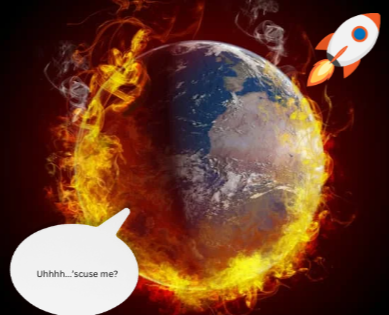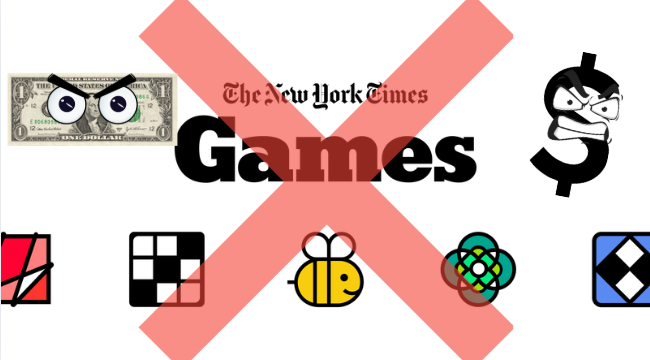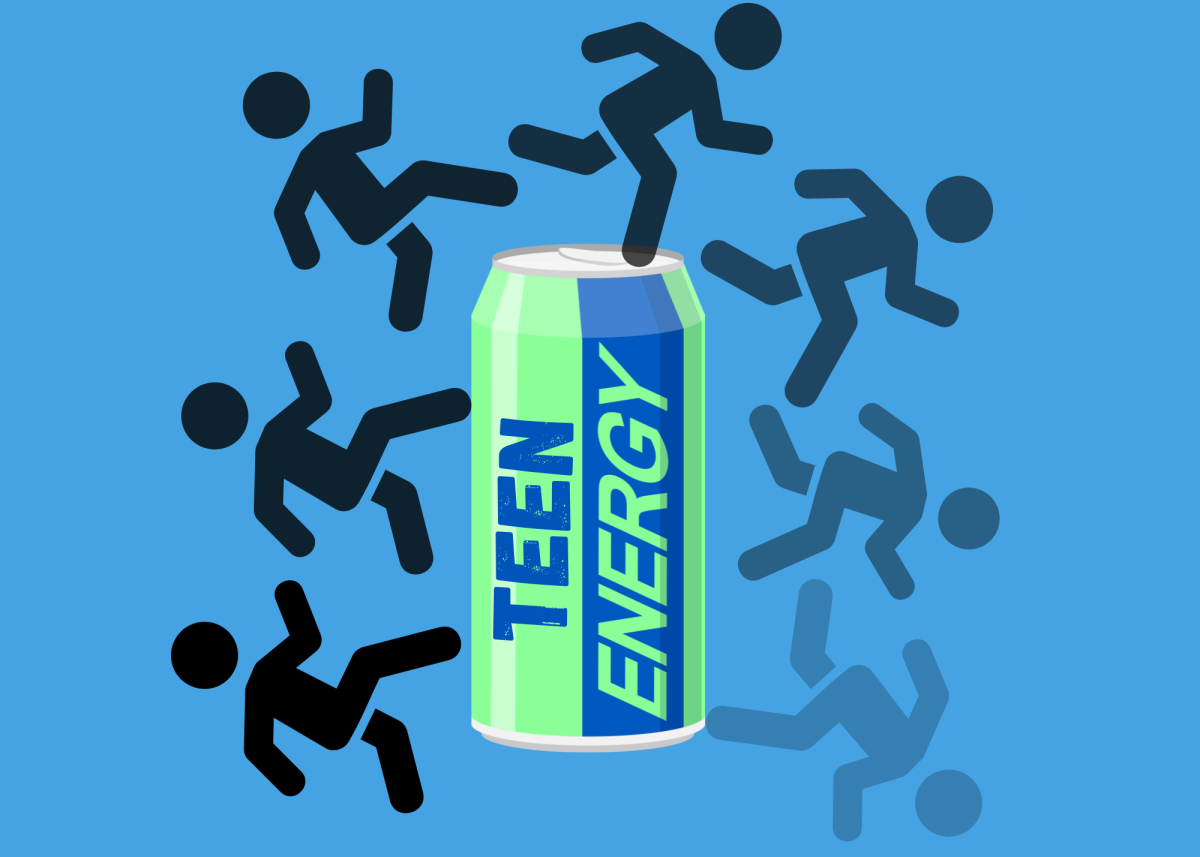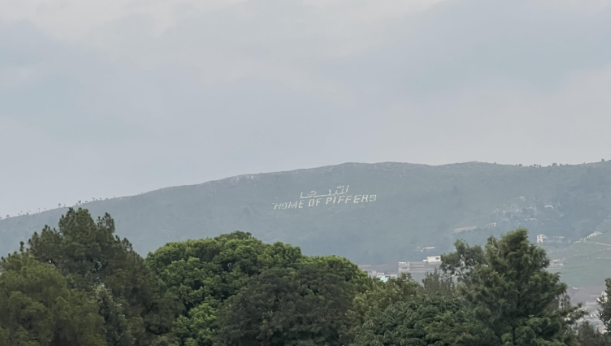
“A man done gone to the moon,” the lady tells the crowd. Her words draw a clamor from them, subsiding after a moment to let her continue. “I went as far as Baltimore with ‘em, then I got off.”
If you’re a documentary fan, you might know this one. The woman speaking is Moms Mabley, a legendary Black female comedian, performing at the 1969 Harlem Cultural Festival. That joke is from Questlove’s 2021 film, Summer of Soul, about that event.
But Mabley is hardly the only one to focus on the moon landing. A steady stream of people, Black residents of Harlem, precede her in the film, all delivering their own thoughts on the subject of the recent Apollo 11 mission. For this article’s purposes, one quote sums up all of them: “Never mind the moon, let’s get some of that cash in Harlem.” (At the time, the city was facing a heroin epidemic, fueled by the racism its inhabitants experienced.)
Today, in 2024, we might be getting a repeat of Apollo 11: after the company Intuitive Machines successfully landed the craft Odysseus on the moon, NASA expects to send human beings there once more, in September 2026 or later. And just like in 1969, it’s a bad idea. Nor is it just Harlem, New York, that now needs the money being spent on the space program (specifically, 118 million dollars, which is the worth of NASA’s contract with Intuitive Machines). It’s Lahaina, in Hawai’i. It’s Shishmaref, in Alaska. It is everywhere in the United States that has been impacted by climate change. Until this crisis has been resolved, President Biden cannot afford to put time and money into going to the moon.
The effects of climate change have become brutally apparent over the past several months. In August of 2023, wildfires ripped through Lahaina, part of the island of Maui, within the state of Hawai’i, leaving more than two thousand households without a home. This was in part as a result of a “flash drought,” which made local plants on the island much drier–and therefore much more flammable. And what makes flash droughts more probable? Climate change.
Before this, in September of that year, smoke from wildfires in Canada traveled to the United States, turning air quality dangerously poor all over the country. For days, in cities across the US–including Chicago–air quality was too poor to go outside without a mask. Once again, the root problem was climate change, which increased the likelihood and severity of the high temperatures and low moisture that, it seems, allowed the flames of the wildfires to burn at the rate that they did.
If NASA does send people to the moon in 2026, this is the world they will leave behind: one that is literally on fire. Nor are wildfires and other headline-worthy events the only things that the US–and the world–would have to deal with: one study also finds that climate change has numerous underlying health effects. Like Harlem’s 1969 heroin epidemic, people of color are bearing the brunt of the harm: for just one example, following Hurricane Florence, in 2018, Native and Black people were more likely than white people to visit the emergency room for stomach illnesses.
Nor does climate change confine its havoc to the human body: it poses a danger to towns, houses, and roads. The Native Alaskan population forms one good example of this: in 2019, 35% of Native Alaskan communities faced a dire problem in the form of alluvion (or flooding), erosion of the natural landscape, or melting permafrost. Of those affected communities specifically, over 33% were dealing with two or more of these issues at once. These phenomena can damage roads and other infrastructure (like in the town of Shishmaref), and even cost human lives…and all of them are made more likely by climate change.
To be fair, the President has not been exactly negligent when it comes to helping those impacted by climate change. Regarding the Lahaina fires, for example, Biden has provided $330 million to efforts to help those impacted and aid rebuilding on the island, and according to a February statement on the matter, a multitude of federal agencies continue to work to bring the area back. Nor does he focus only on band-aid solutions: according to the White House website, the United States, under the leadership of President Biden and Vice President Harris, is on track to halve its greenhouse gas emissions by 2030. According to the climate activist Greta Thunberg–specifically, her 2019 speech “Cathedral Thinking,” at the European Parliament–this would be the minimum change required to avoid making climate change irreversible.
The key factor here is that none of those changes are guaranteed. At the moment, Biden is running for reelection against Donald Trump. Regardless of who one might wish to vote for in November 2024, Trump’s presidency was overall a poor one for the environment. He rescinded the US’s commitment to the Paris Agreement, under which the United States had agreed to make a 25-percent cut to its emissions by 2025. (The US rejoined the Agreement during Biden’s presidency.) Domestically, he weakened or removed reams of environmental regulations. None of this was a surprise: Trump had run for president promising to leave the Paris Agreement and rebuild the coal industry.
Though it’s impossible to know for sure, there is a strong chance of Biden losing in November 2024: a poll by Sienna College and the New York Times gives Trump a 5% lead over in him in terms of approval. If Trump does win the election, then democracy will have done its work. But if what’s past is prologue, the climate crisis is likely to worsen under his leadership. The United States cannot afford that–not in a world where disasters like the Lahaina wildfires continue to happen. Under this kind of time limit, Biden cannot afford to lose focus. While he still can, he must pause the space program and divert its funding toward additional efforts to create a United States that is carbon neutral–at the least. The moon mission might be a historic moment, but it’s coming during an equally historic emergency. With the entire country depending on him for safety, the President has every justification in pausing the former to deal with the latter.














